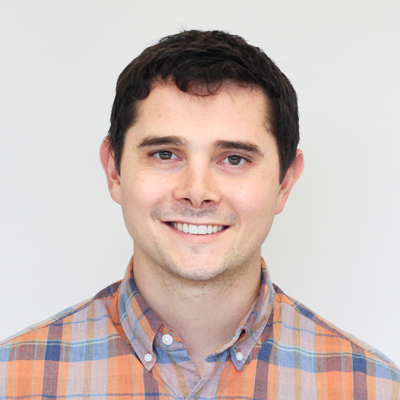Supporting mental health and addiction recovery: Our investment in Marigold Health
More than 48 million people aged 12 or older, or 17% of the U.S. population have a substance use disorder. More than 59 million aged 18 or older, 23% of the U.S. population have a mental illness. Only half of those needing mental health treatment, and a quarter of those needing substance use treatment, receive it.
We’ve all heard numbers like these before, but it’s worth noting that these conditions are not evenly distributed. Medicaid enrollees are more likely to experience substance use disorders or mental illness than commercially insured populations. Social determinants such as income, education, housing, and systemic racism are risk factors for negative outcomes with these conditions.
Peer support: A scalable standard of care
Peer support is a form of treatment that connects people who have been successful in recovery from substance use or mental illness with current patients. Through shared understanding, peer support specialists help people initiate and stay engaged in the recovery process which in turn reduces the likelihood of relapse. Peer support is complementary to other models of care such as medication assisted therapy or intensive outpatient programs.
A growing body of literature suggests that peer support programs reduce substance use and SUD relapse rates, improve relationships with treatment providers and social supports, increase treatment retention, and lead to greater treatment satisfaction for patients. Peer-led programs have been shown to decrease psychiatric symptoms and increase housing stability and employment. After six months of peer support, a study from Baylor College of Medicine found a 22% increase in stable housing, 25% increase in full-time/part-time employment and a significant decline in reported depression, anxiety, and prescribed medication.
Peer support is scalable in a low-resources setting as it does not require a clinical workforce. One of the most well-known examples of peer support is Alcoholics Anonymous (AA). Despite having no budget or formal structure, AA engages more people with alcoholism than traditional treatment methods. Studies have found that AA increases the rate and length of alcohol abstinence compared with other treatments.
Our investment in Marigold Health
Enter Marigold Health. Marigold offers an anonymous social network where people with mental health and substance use conditions support each other. The platform provides access to wellness and goal planning, recovery tools, and theme-based chat groups. Certified peer recovery coaches provide one-to-one support for members that need it. Marigold’s AI-enabled platform empowers individual peer coaches to effectively manage a large number of members.
Marigold works with payers, typically Medicaid and Dual Eligible plans covering medically complex and vulnerable populations. The company provides 24/7 access to text-based support to plan members. Member engagement with Marigold drives improvements in patient outcomes and lower costs for payers, and Marigold has worked with health plans to implement a value-based reimbursement model for peer support.
Rock Health Capital is excited to announce our investment in Marigold’s $11M Series A, which we co-led with Innospark Ventures, alongside investment from Commonwealth Care Alliance, Wavemaker360, Stand Together Ventures Lab, Epsilon Health Investors, Koa Labs, VNS Health Plan and KdT Ventures. We’re looking forward to supporting Marigold’s next phase of growth!
Learn more about how Marigold is expanding access to high-quality peer support.
Rock Health Capital is an early-stage venture fund focused on digital health. We would love to hear from you. Get in touch!

